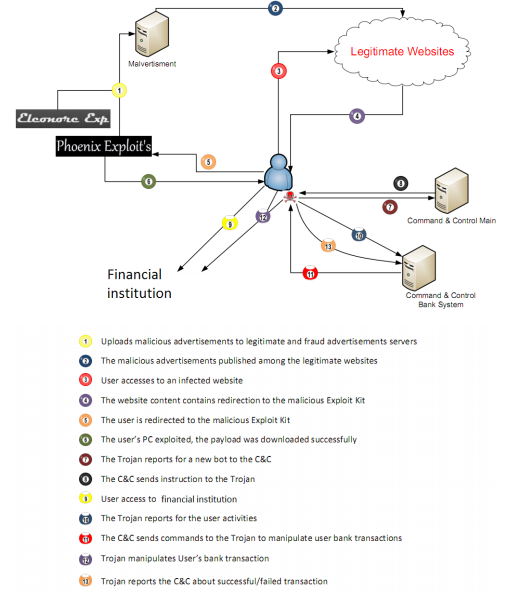IDC believes Cloud Marketing maturing quickly
By Andy Patrizio
SANTA CLARA, Calif. – At last year's IDC Directions show, Frank Gens, senior vice president and chief analyst for the firm, said that cloud computing was just on the verge of "crossing the chasm," that popular meme taken from a 1991 book of the same name that refers to a product making the leap from early adopter phase to mainstream
One year and one brutal recession later, and Gens is back as a keynote speaker at IDC's annual Directions show to declare that the chasm has indeed been crossed and the cloud is well on its way to becoming mainstream.
Last year, he said vendors needed to make it easier to adopt cloud technologies by offering better and simpler access to on-demand services, better pricing and on-premises options. In other words, do a lot of the work that helps customers get to the mainstream.
Well, that has begun to happen on the software side. Looking at software suppliers, virtually "every major software vendor has articulated a cloud strategy of some form and have offered either cloud-based versions of their products, or in many cases, having something on the drawing board," Gens told the audience of Silicon Valley workers.
The result will be a growth rate six times the rate of IT spending between now and 2013, IDC is projecting. In 2009, approximately $17 billion was spent on cloud-related technologies, hardware and software. By 2013, that spending is expected to grow to $45 billion.
Customers cite benefits as paying for only what they use, cutting costs, monthly payments instead of all up front, having a standardized system, and always having the latest software version, since nothing is installed locally.
Their concerns are not surprising: security, performance and availability. But there is also a fourth one, and that is that the on-demand payment model may cost more over time. Gens believes that the best solution is a hybrid offering that allows for either on-premises or on-demand and gives customers the option of choosing which model works best for them.
The Microsoft of the cloud
Gens showed a slide comparing the software markets over a decade period. In 1997, Microsoft Windows software controlled just 9 percent of the total software market. Today, it's 55 percent. That's because Microsoft encouraged the growth of an ecosystem on its platform. The same could now happen on the cloud.
"Who will be the Microsoft of the cloud?" he asked. "The cloud platform will be the most strategic platform we will see in the next 20 years. Some people call [the cloud platform] 'platform as a service.' These are offerings that help solution and service developers make, manage and sell more services in the cloud. The more developers you attract, the more customers come in. That's the virtual circle."
Firms that fall into this category include Salesforce, Microsoft, Amazon, NetSuite, Intuit and, as of this morning, Google, with its newly-announced "Apps Marketplace."
"Thank you, Google," Gens said. "They are getting more seriously into building up their app real estate. IBM doesn't have it yet but they will."
Gens told the audience, which was full of employees of Silicon Valley companies, that if they are setting themselves up to be dominant players in this sector, they have to start looking at competitors and suppliers and start comparing themselves to their rivals and asking, "Do I have what it takes to compete with this company?"
He expects the cloud to rule for years, and advised the audience that now is the time to get in on the ground floor of that market.
"Are we going to make the right choices, or are we going to under invest or make the wrong choices? The cloud will be the platform of the future for many years to come," Gens said. "This is the year when we make those decisions."


Comments